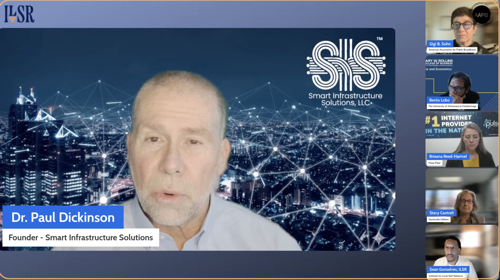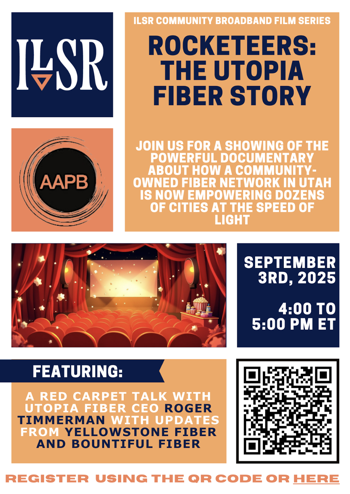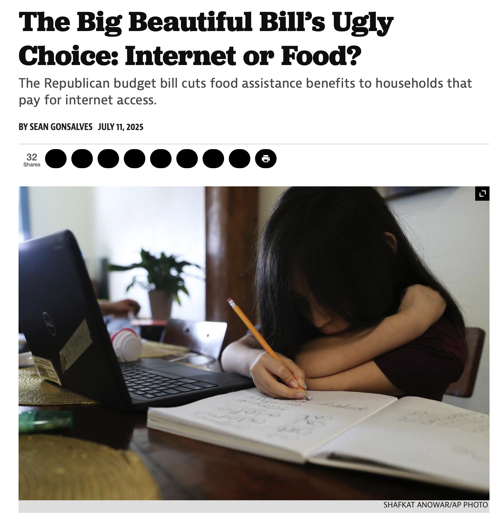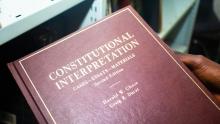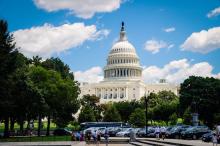AAPB and ILSR to Host Webinar on Legal Challenges Facing Community Broadband
Cities and towns building or expanding locally owned broadband networks can face a complex and confusing legal landscape.
To help local leaders better understand those challenges, the American Association for Public Broadband (AAPB) and the Institute for Local Self-Reliance (ILSR) Community Broadband Networks Initiative are kicking off the new year with another one of their increasingly popular and informative webinars.
The free event, “Navigating the Legal Landscape of Community Broadband” is slated for Tuesday, January 20, from 12 to 1 p.m. ET.
Registration is now open here.
It will feature Sean Stokes and Casey Lide, attorneys with noted law firm Keller & Heckman. They have advised communities across the country on the legal, regulatory, and governance issues associated with community broadband projects.
The session will focus on the most pressing legal considerations facing both communities exploring broadband for the first time and networks that have already been built but are navigating next-stage challenges such as expansion, partnerships, and compliance.
“Too often, communities assume broadband challenges are primarily technical or financial, when in some instances legal and regulatory issues can determine whether a project succeeds or fails,” said Sean Stokes, partner at Keller & Heckman.
“Our goal is to help communities understand where their legal authority comes from, what risks they should anticipate, and how thoughtful planning early on can prevent costly problems down the road.”
The webinar will cover a range of topics, including state laws that restrict or condition municipal broadband, governance and ownership models, partnerships with independent private Internet service providers, financing and funding compliance, regulatory and operational challenges, and litigation risks communities may face.




